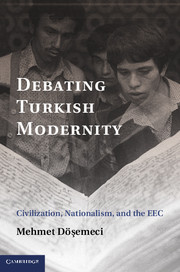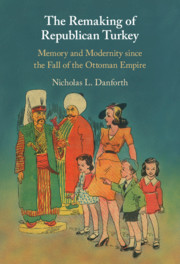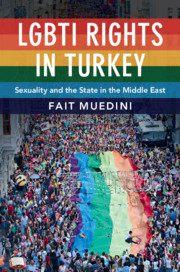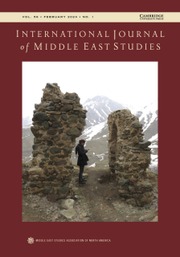Debating Turkish Modernity
Debating Turkish Modernity describes the opening act of Turkey's half century bid to join the European Community. Between 1959 and 1980, Turks from all walks of life weighed in on their prospective integration into Europe. This book details how these Turks made sense of the project of European Unification and how they spoke about it. It argues that Turkey's EEC debates, by resurrecting past questions over Turkey's relationship to Europe, became the principle forum where Turks of the Second Republic defined who they were, where they came from, and where they were going.
- The first English-language account of the history of Turkish-EEC relations
- Serves as a lens into the history of the Turkish Republic
- Situates Turkish-European relations within larger debates on modernization and non-western modernity
Reviews & endorsements
'Döşemeci's meticulously written and lucid book is an excellent historical study that calls for the active imagination of the reader. With a skilful hermeneutical analysis of historical events it invites us to rethink the meanings of modernity through different logics and historical-conceptual sites within which civilization, nation, and Europeanness have been dialogically imagined and debated by Turkish elites. The book powerfully brings to life the impasses and tensions of these debates, shedding a very different light on the much-technicalized discussions of Turkey's membership to Europe today.' Meltem Ahiska, Boğaziçi University, Istanbul
'Mehmet Döşemeci's theoretically rich account of the EEC membership debate in Cold War Turkey shows why and how the intellectual discourses on Europe as a civilizational project is essential to understand domestic and foreign policy debates then and now. We need more studies like this to better understand the complexity of the question of Eurocentrism in both the global intellectual history and contemporary political theory.' Cemil Aydin, University of North Carolina, Chapel Hill
'Why should any country be interested in joining the European Union? Debating Turkish Modernity offers a perceptive analysis of the Turkish discussion around this issue. Döşemeci convincingly argues that this subject was central for the way Turkish elites understood their state and society for many decades. An innovative contribution to Turkish and European integration history, and an indispensable book for anyone who tries to understand the relationship between Turkey and the EU today.' Kiran Klaus Patel, Maastricht University
Product details
December 2013Hardback
9781107044913
240 pages
235 × 157 × 17 mm
0.48kg
Available
Table of Contents
- Introduction
- 1. Joining civilization
- 2. The TİP of the iceberg
- 3. Voices from a threatened nation
- 4. The additional protocol: a 'national' problem
- 5. Intervention, invasion, isolation
- 6. From periphery to core
- Conclusion.





